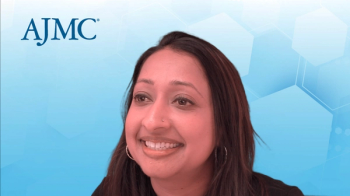
Payer coverage of biosimilars is always shifting as new ones come to market, explained Tasmina Hydery, PharmD, MBA, BCGP, associate director in digital solutions, Cencora.

Payer coverage of biosimilars is always shifting as new ones come to market, explained Tasmina Hydery, PharmD, MBA, BCGP, associate director in digital solutions, Cencora.
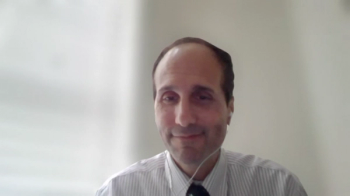
Michael Morse, MD, FACP, MHS, medical oncologist at Duke Cancer Center, explained the importance of managing toxicities in the changing hepatocellular carcinoma (HCC) treatment landscape to ensure patients have the best possible outcomes in the front line and beyond.

Kathy Zackowski, PhD, National MS Society, expresses the inherent value of quality rehabilitation trials for broadening clinical understandings of multiple sclerosis (MS) and bettering patient outcomes.

During their session at Asembia’s AXS24, Sarah Butler and Lindsay Greenleaf of ADVI Health will examine the current status of the Inflation Reduction Act (IRA) and future considerations in health care in the context of the upcoming presidential election.
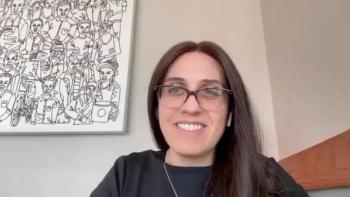
Yael Mauer, MD, MPH, discusses the patient population who benefits most from interventions with glucagon-like peptide-1 (GLP-1) therapies and explores the underlying mechanisms at work.

Stacey Ehrenberg, MD, discusses the lacking data and potential implications of using glucagon-like peptide-1 (GLP-1) receptor agonists during pregnancy for patients with diabetes and/or obesity.
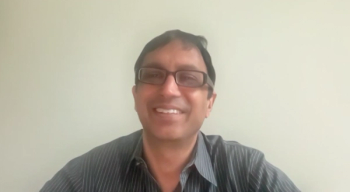
Amit Singal, MD, medical director of the UT Southwestern Medical Center Liver Tumor Program, discusses populations at the highest risk of hepatocellular carcinoma (HCC), when screening is needed, and key tools in HCC surveillance and screening.

On this episode of Managed Care Cast, we're talking with the authors of a study published in the April 2024 issue of The American Journal of Managed Care® about their findings on the rates of low-value cancer care services throughout the COVID-19 pandemic.

Dalia Rotstein, MD, MPH, emphazises the importance of awareness that multiple sclerosis (MS) impacts patients from various backgrounds as clinicians think through ways to improve access to care and research efforts in MS.
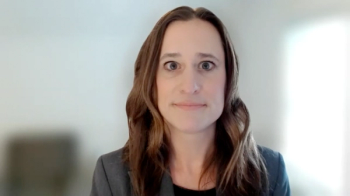
Julie Patterson, PharmD, PhD, senior director of research at the National Pharmaceutical Council, spoke to the ways in which possible unintended effects of the Inflation Reduction Act of 2022 (IRA) could impact patients.
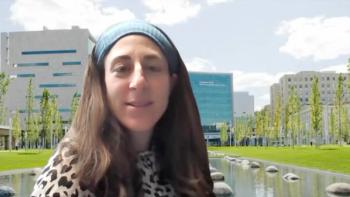
Diana Isaacs, PharmD, chair of a recent Institute for Value-Based Medicine® event hosted in conjunction with Cleveland Clinic, details the up-and-coming therapies impacting the scope of treatment in diabetes, obesity, and cardiometabolic health, as well as their associated challenges.
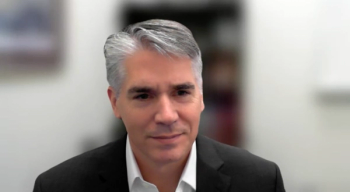
Diabetes treatment goals vary based on age and diabetes type, with more focus on managing insulin levels for children and adolescents while addressing comorbid conditions like obesity and hypertension for adults, said Beau Raymond, MD, MMM, FACP, of Ochsner Health Network.
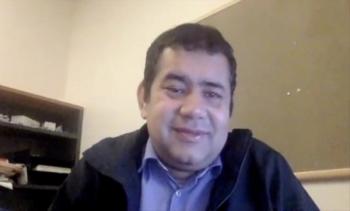
Binod Dhakal, MD, associate professor, Medical College of Wisconsin, is lead investigator of the CARTITUDE-4 study, from which data were used by the FDA to approve ciltacabtagene autoleucel (cilta-cel) for patients with relapsed/refractory multiple myeloma (RRMM) who have received at least 1 prior line of therapy.
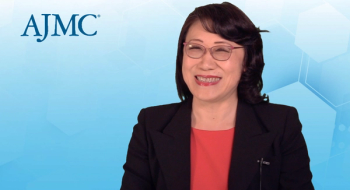
With the high burden of metabolic disease increasing in the US, Sophia Humphreys, PharmD, Sutter Health, explains how this impacts health equity.

Robert Zimmerman, MD, discussed the adverse side effects associated with glucagon-like peptide-1 (GLP1) and multi-agonist therapies, as well as explored the challenges in developing these interventions.

To help celebrate and recognize National Minority Health Month, we are bringing you a special month-long podcast series with our Strategic Alliance Partner, UPMC Health Plan. In the third episode, Camille Clarke-Smith, EdD, MS, CHES, CPT, discusses approaching community health holistically through spiritual and community engagement.

Session speakers at the Academy of Managed Care Pharmacy (AMCP) 2024 annual conference share their favorite parts of the event and the key takeaways they will leave the conference with.

Shawn Tuma, JD, CIPP/US, cybersecurity and data privacy attorney, Spencer Fane LLP, highlights the biggest threats concerning a cyberattack on oncology practices.
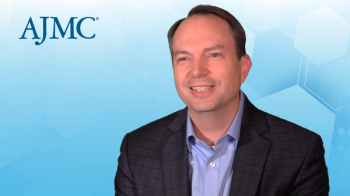
In an interview during The American Journal of Managed Care®'s Institute for Value-Based Medicine® event, held with Sutter Health, Ryan Stice, PharmD, BCPS, explains the impact virtual population health teams can have on improving access to care for patients with cardiometabolic conditions.
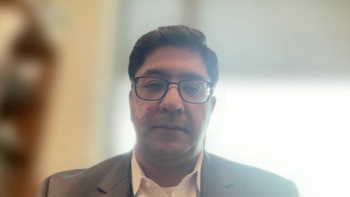
Traditionally, low-risk patients with myeloproliferative neoplasms (MPNs) are not given medication, but new data challenge that thinking, said Raajit Rampal, MD, PhD, hematologic oncologist, associate attending physician, Memorial Sloan Kettering Cancer Center.
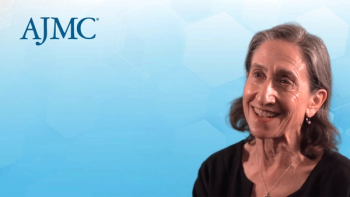
Leslie Fish, PharmD, senior vice president of pharmacy at IDP Analytics, LLC, reflects on the future of biosimilars and the impact they will have on managed care pharmacy settings to improve patient access to medications.
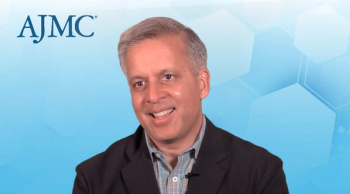
In this interview, Ronesh Sinha, MD, explains how he's addressing the burden of cardiometabolic disease with the initiation of his continuous glucose monitor program at Sutter Health.
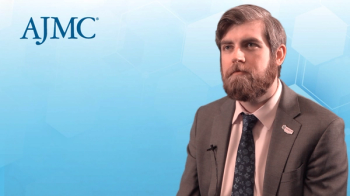
Adam Colborn, JD, director of government relations for the Academy of Managed Care Pharmacy, discussed how providers can comfortably switch patients to biosimilars while minimizing anxieties, as well as the impacts prior authorization requirements can have on patient access.

Beau Raymond, MD, MMM, FACP, chief medical officer of Ochsner Health Network, explains the importance of diabetes and hypertension control to prevent downstream events such as heart attacks and strokes.
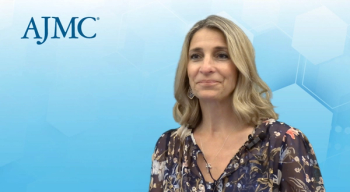
Judith Alberto, MHA, RPh, BCOP, director of clinical initiatives at the Community Oncology Alliance (COA), discusses upcoming policy initiatives and the current oncology landscape amid a health care cyberattack.
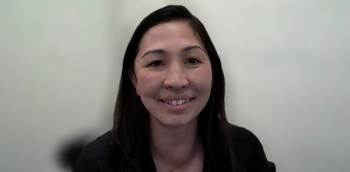
Martina Porter, MD, FAAD, vice chair of research, Department of Dermatology, Beth Israel Deaconess Medical Center, discusses efficacy and safety findings from a phase 2 study.
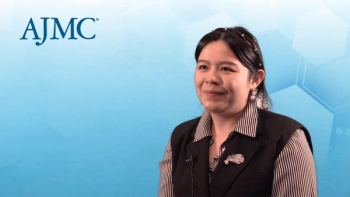
Yuqian Liu, PharmD, Magellan Rx Management, explores the current space of cell and gene therapies based on real-world data and potential emerging therapies in the future, while expanding upon long-term efficacy concerns.
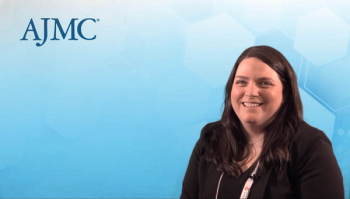
Jenny Craven, PharmD, BCPS, of the University of California Davis Health reviews the finances associated with Emerging Therapy Committee and examines the benefits of the adoption process of new therapies.
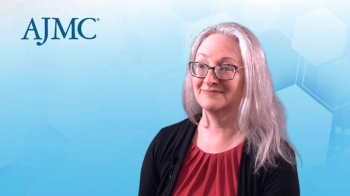
Kimberly Westrich, MA, of the National Pharmaceutical Council, addresses the benefits of incorporating patient-centricity throughout the health care system to foster more accurate and better quality of care.

Experts explain how new diabetes technologies like continuous glucose monitors are transforming care beyond intensive insulin therapy, offering personalized insights and improving outcomes for patients of all treatment levels.

259 Prospect Plains Rd, Bldg H
Cranbury, NJ 08512
© 2025 MJH Life Sciences®
All rights reserved.
